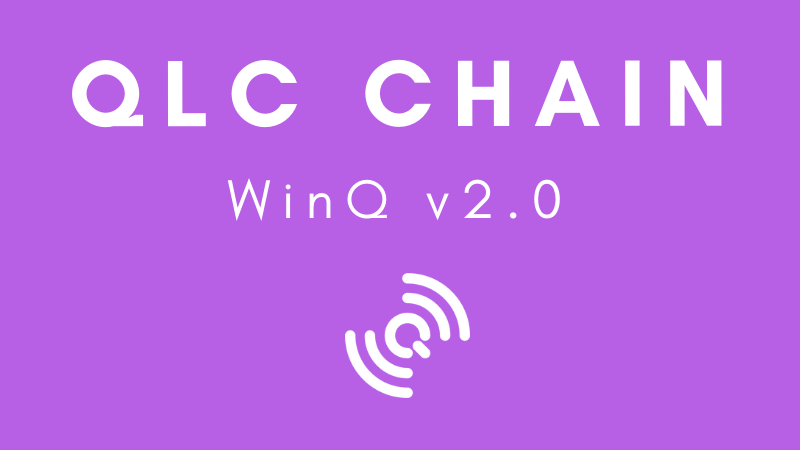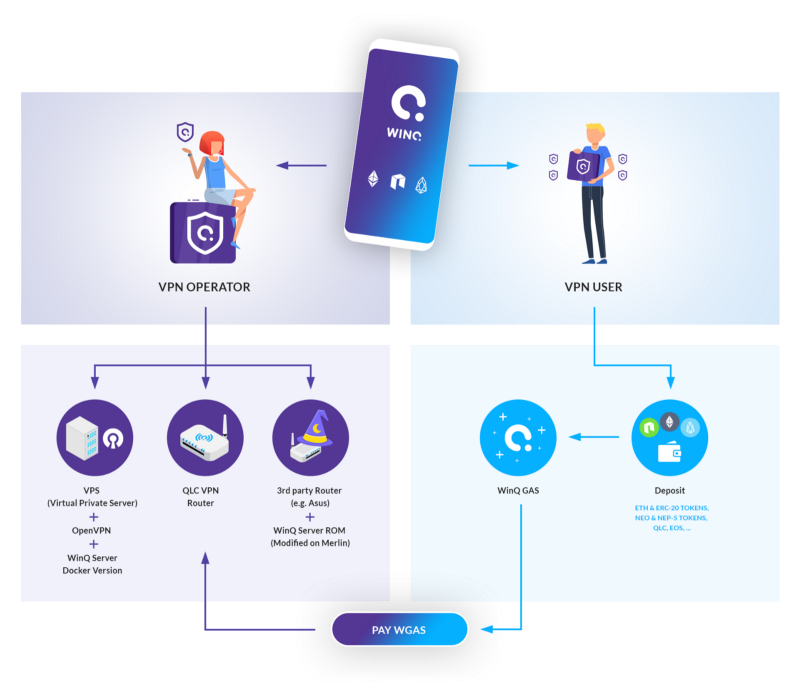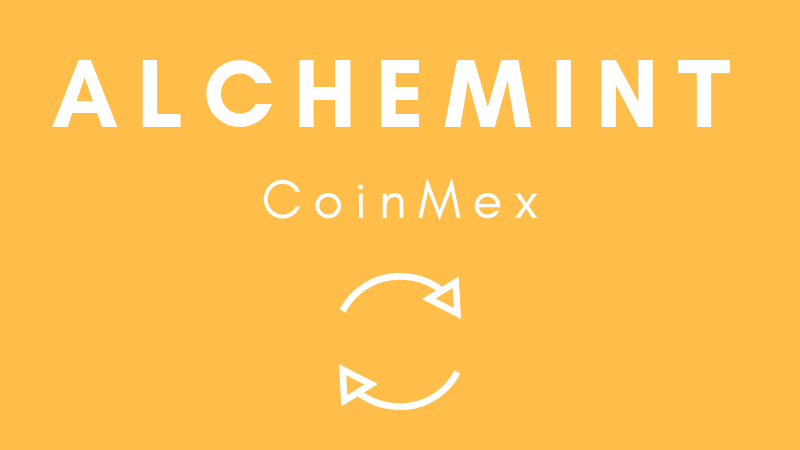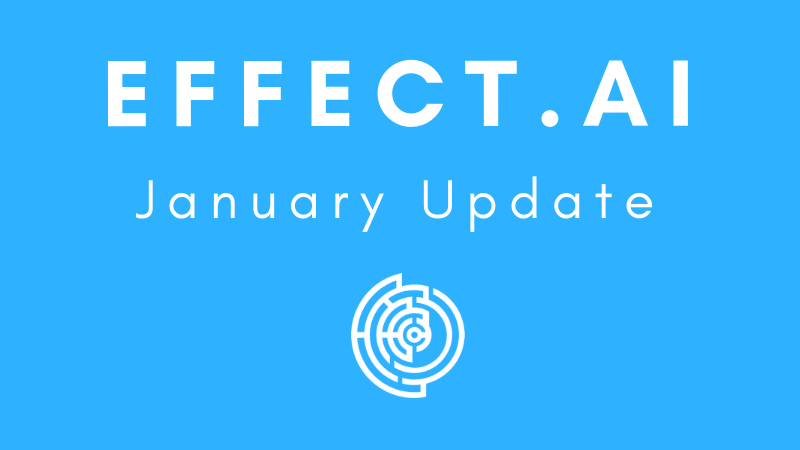
NaaS (Network-as-a-Service) platform QLC Chain has released its latest bi-weekly report, noting the launch of its WinQ v2.0 dApp alongside information on how WGAS can be earned and used to pay for VPN services.
QLC Chain aims to allow entities to “leverage their network resources to instantly become a service provider or network operator.”
WinQ 2.0 Launch
The WinQ app is a multi-chain cryptocurrency wallet with included VPN functionality, with its own native token called WinQ GAS (WGAS). WGAS is an “experimental” token that represents the interest for holding cryptocurrencies in the WinQ wallet. Holding NEO, ETH or EOS based assets in the wallet will generate WGAS.
WGAS may be used to pay for the usage of WinQ VPN services, with WGAS distributions being proportional to the BTC value of assets held in the WinQ wallet. On the 5th and 25th of each month, WGAS is automatically converted to the QLC NEP-5 token, requiring users to have a NEO wallet setup in the app.
QLC has released a guide for setting up a wallet with the WinQ app, which can be found here. iOS and Android download links may be found on the WinQ website.
VPN Operators
WinQ aims to allow entities to operate their own VPN services, which can be paid for by users with WGAS. There are three approaches that can be used by VPN operators:
- Purchase a QLC Router (release date TBA)
- Install QLC Router ROM (guide here)
- Create a Virtual Private Service with OpenVPN and the WinQ docker (guide here)
Users with questions are encouraged to ask on the QLC Chain subreddit, located here.
Development Progress
In its latest report, QLC Chain noted the development progress made between January 7th and 21st. Changes include the implementation of the RPC interface for the wallet along with documentation, optimizations for the log service and the public release of its blockchain code, Go-qlc.
Go-qlc versions v0.0.3 has been released and integrated into the QLC Wallet app. The wallet has been updated to v2.0.1, supporting Mac OS, Windows and Linux.
Moving forward, QLC aims to complete integration of VM and smart contracts, in addition to TPS testing. The team will also refactor the P2P and consensus models, as well as define external storage for smart contracts.








About The Author: Brett Rhodes
Brett is a blockchain enthusiast and freelance writer who originally began producing content for the gaming & eSports industries. Now he spends most of his time contributing in the Neo ecosystem.
More posts by Brett Rhodes